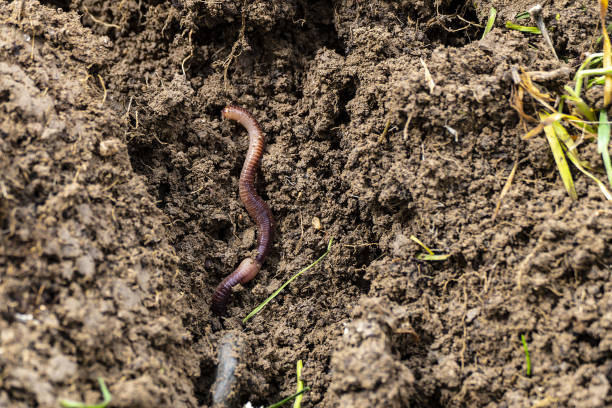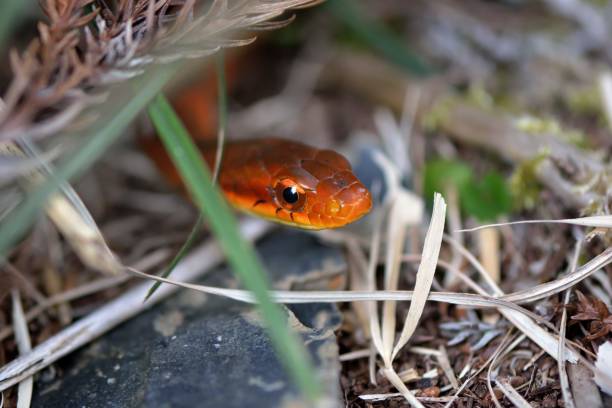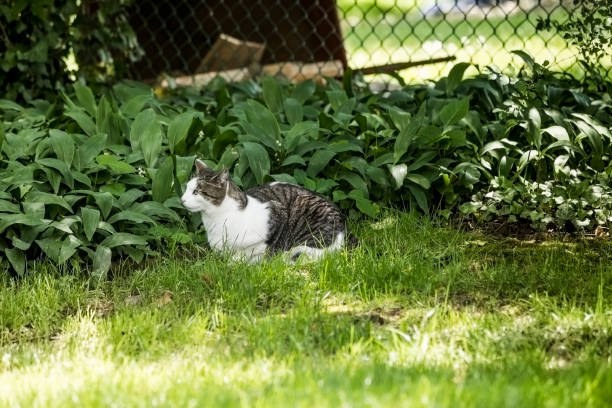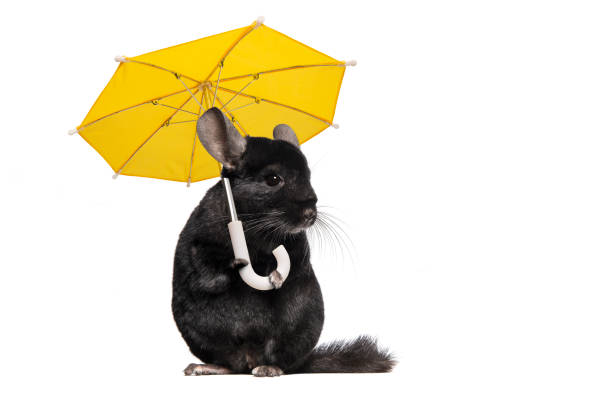How to Treat Your Yard for Roundworms
Roundworms are a common parasitic infection that can affect both pets and humans. These intestinal parasites are especially prevalent in outdoor environments such as yards and gardens. If you suspect your yard is infested with roundworms, it’s important to take immediate action to eliminate them and prevent further infestation. In this article, we will explore effective methods to treat your yard for roundworms and safeguard the health of your pets and family.
Introduction
Roundworms, also known as ascarids, are a type of parasitic worm that can live and reproduce in the intestines of animals and humans. They can pose serious health risks, especially to pets and young children. It’s crucial to be aware of the signs and symptoms of roundworm infestation and take necessary measures to treat your yard.
Understanding Roundworms
Before delving into the treatment methods, it’s important to understand the nature of roundworms. These worms are typically transmitted through contact with contaminated soil or ingestion of infected feces. Pets, such as dogs and cats, are particularly susceptible to roundworm infestation.
Signs and Symptoms of Roundworm Infestation
Identifying the signs and symptoms of roundworm infestation is vital for early detection and treatment. In pets, common symptoms may include weight loss, vomiting, diarrhea, a pot-bellied appearance, and a dull coat. In humans, symptoms may vary but can include abdominal pain, cough, fever, and nausea.
Prevention of Roundworm Infestation
Preventing roundworm infestation is crucial to maintain the health and well-being of your pets and family. Some preventive measures include regular deworming of pets, practicing good hygiene, and avoiding contact with potentially contaminated soil.
Diagnosing Roundworms in Your Yard
To determine if your yard is infested with roundworms, it’s important to seek professional help. A veterinarian or pest control expert can perform tests to confirm the presence of roundworm eggs or larvae in the soil.
Treating Yard for Roundworms
When it comes to treating your yard for roundworms, a multi-step approach is recommended for optimal effectiveness. Follow these steps to eliminate roundworms from your yard:
Step 1: Clearing the Yard
Start by removing any pet waste from your yard. Roundworm eggs can survive in feces and contaminate the soil, so it’s essential to clean up after your pets regularly.
Step 2: Applying Nematode Treatment
Nematodes are microscopic organisms that feed on roundworm larvae. You can purchase nematodes from gardening or pet supply stores. Dilute them in water according to the instructions and apply the solution to your yard. Nematodes can effectively control roundworm populations in the soil.
Step 3: Cleaning Pet Waste Regularly
Maintain a routine of promptly removing pet waste from your yard to prevent reinfestation. Regular cleaning will help minimize the risk of roundworm eggs contaminating the soil.
Additional Measures for Roundworm Prevention
In addition to treating your yard, there are several preventive measures you can take to minimize the chances of roundworm infestation:
- Keep your pets on regular deworming schedules as recommended by your veterinarian.
- Practice good personal hygiene, such as washing hands thoroughly after handling pets or working in the yard.
- Avoid letting your pets come into contact with potentially contaminated soil or infected animals.
- Educate yourself and your family about the risks of roundworms and the importance of preventive measures.
The Importance of Regular Vet Check-ups
Regular check-ups with a veterinarian are essential for maintaining the overall health of your pets. They can provide guidance on proper deworming protocols and help detect any potential health issues early on.
Conclusion
Treating your yard for roundworms is crucial to protect the health of your pets and family. By following the outlined steps and implementing preventive measures, you can significantly reduce the risk of roundworm infestation. Remember to maintain good hygiene practices and seek professional advice if needed.
FAQs
Can roundworms be harmful to humans?
Yes, roundworms can pose health risks to humans, especially young children. It’s important to take preventive measures and seek medical advice if you suspect an infestation.
How often should I treat my yard for roundworms?
Treating your yard for roundworms annually or as recommended by a veterinarian is generally a good practice to prevent infestations.
Are there natural remedies for treating yard roundworms?
While nematodes are a natural method for controlling roundworm populations, it’s important to consult with professionals to ensure effective treatment.
Can I use bleach to disinfect my yard from roundworms?
Bleach is not recommended as a sole treatment for roundworm infestation. It’s best to follow proper cleaning and treatment protocols advised by experts.
Are there any long-term effects of roundworm infestation in pets?
Yes, untreated or chronic roundworm infestations in pets can lead to various health complications, including weight loss, gastrointestinal issues, and malnutrition.







